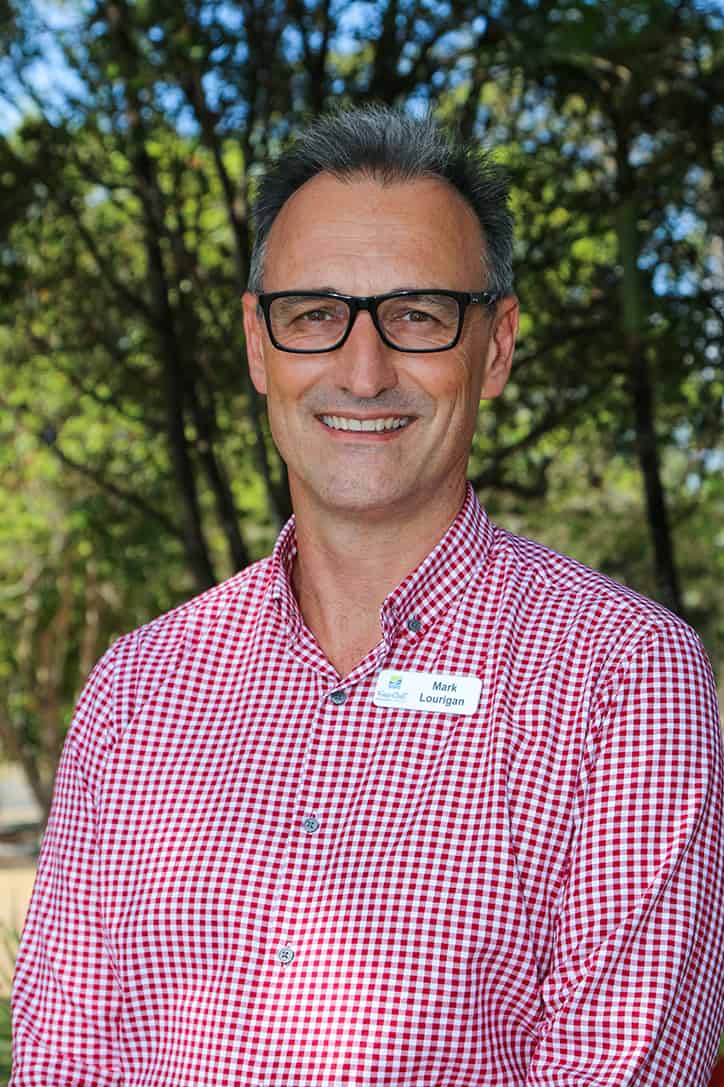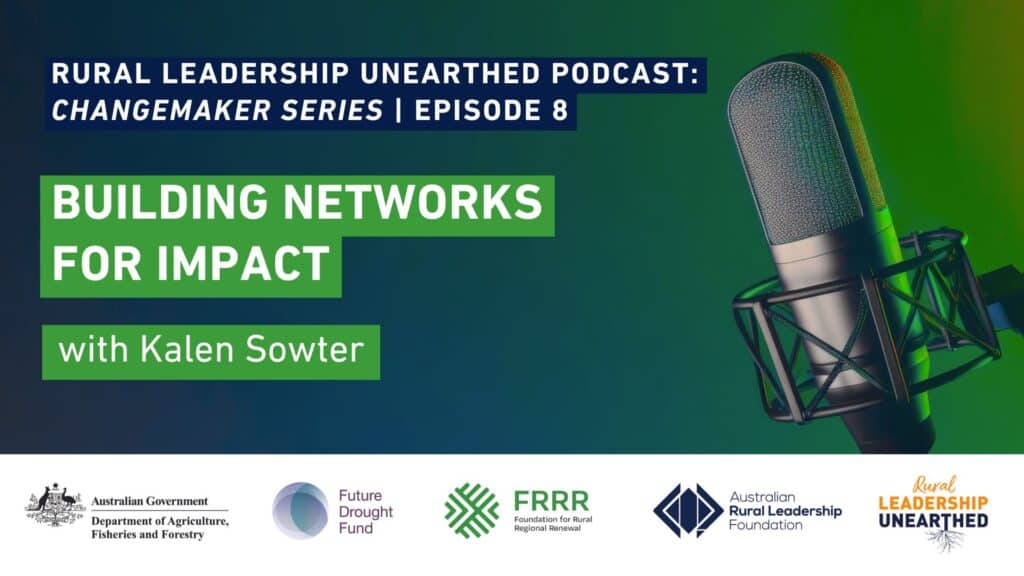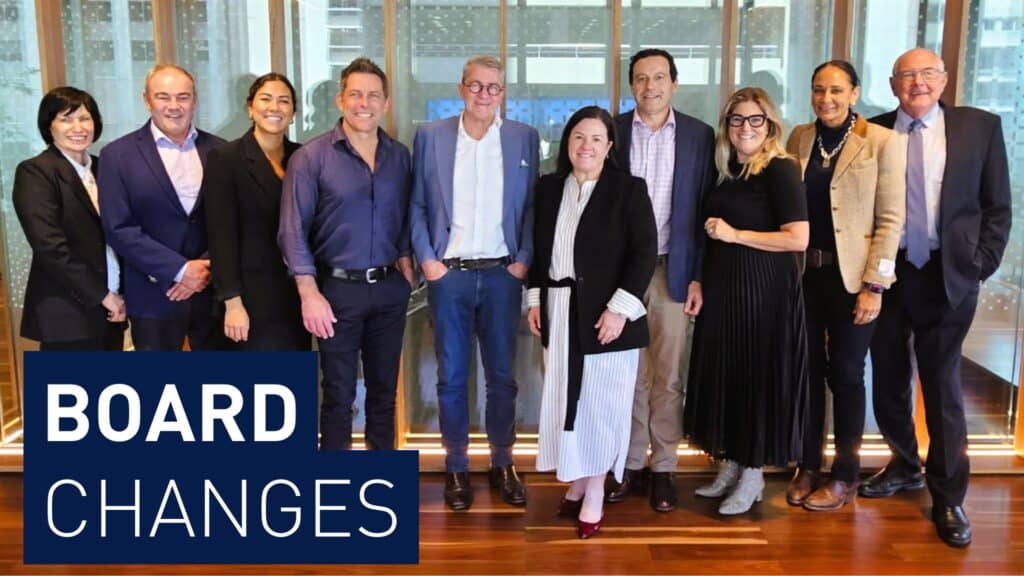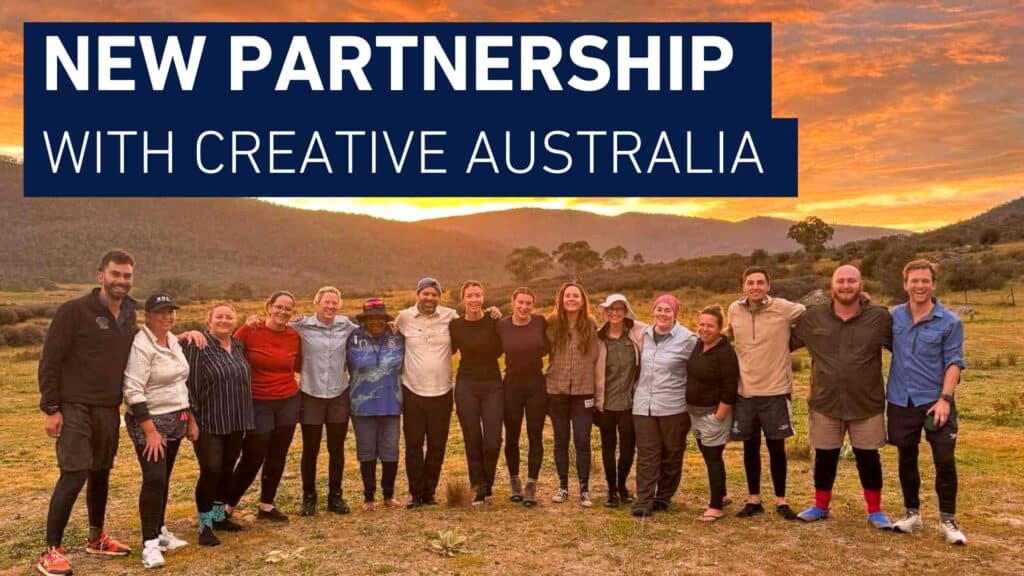For decades Mark Lourigan has enjoyed an idyllic life on Queensland’s central east coast, lured by a good job, stunning beach views and an affordable lifestyle. He believes more people should be living in similar circumstances and he wants to make it their reality.
Situated 250 kilometres north of Brisbane, Queensland’s Fraser Coast is an ideal holiday escape for families and an affordable residential option for older people, particularly throughout the 1990s and 2000s where it was one of the State’s fastest growing regions.
But these factors also mean there’s an issue facing the region’s youth — systemic unemployment. It’s an issue Mark knows only too well.
“The most challenging days are when third or even fourth generation unemployed present to us with little or no hope for the future. Then we have other sections of the community complaining about issues like youth crime,” says Mark.
Mark is the acting Executive Manager, Tourism, Economic Development and Partnerships with the Fraser Coast Regional Council. He’s also on the board of Jobs Fraser Coast, meaning the two roles have dovetailed towards boosting the local employment rate for some time.
However, it’s his involvement in the Queensland Wide Bay Burnett based Leading Australian Resilient Communities (LARC) program, an initiative of the Australian Rural Leadership Foundation and the Regional Australian Institute, that’s cemented his resolve to ensure positive change takes place.
“At first my involvement was because of a need to be more connected with the broader region, but I soon realised how influential it could be not just for me, but for our community,” Mark said.
The course involves two multi-day sessions where participants across neighbouring regions meet and work through a series of professional and personal development opportunities, including group projects focused on real issues within their communities.
Mark says his group of 31 enjoyed an instant rapport which meant their collaboration on their smaller group projects was a dream.
“Everyone involved already had strong leadership skills and common goals, which meant in under an hour of meeting, we all felt like we’d been working together for some time,” he said.
For Mark, working on an issue outside of what he would normally in his work role was important and felt drawn towards a project on youth engagement, working on retaining youth in the region.
“All the regions in our group have an older demographic and what we don’t do so well is look at what’s going to retain and attract youth to this area,” Mark said.
The group utilised an existing survey, the 2023 Australian Liveability Census, and attempted to unlock the reasons why people aged between 15-24 weren’t completing it by conducting face to face feedback sessions.
By engaging with their region’s young people during their LARC program made Mark realise that building resilience comes from engagement with all sectors of their community.
“To me, community resilience means getting through issues together. Our youth aren’t going to feel like they’re part of a solution if the mechanisms for creating change, like the census doesn’t seem inclusive of them,” he said.
And then it clicked. For years, Mark had been mulling over one of the region’s greatest issues, a low socioeconomic profile, and now through the LARC program’s theory of engagement, guidance and inclusivity, he could see a clear way forward. He needed to push through with a jobs ready program aimed to reduce the region’s high unemployment rate of 7% closer to the national average of around 2.5%.
“We’ve got fourth generation unemployed, people who feel like there is no hope for the future. We have an obligation to these people to provide opportunities for them to gain or regain their confidence and see what possibilities there are in life, whether it be through employment or some other fulfilment in life,” he said.
Before he started the LARC program, Mark had successfully applied for Federal funding to start the Harvey Bay Jobs Ready Program that teaches participants everything from preparing a resume, to sitting for an interview and even helping students realise they have options other than welfare. Now, it’s enhanced through engaging with participants as a cohort, as he did through his LARC youth project.
The difference is impressive.
“We have had over 80% success at people either getting a job or doing study or another positive outcome. The challenge now is how do we get more people on this program?” Mark said.
“Some of our trainers work with people holistically — it’s not about just getting them a job, but understanding what they’ve encountered in their lives and how we can support them to be successful. It’s been really emotional to see what some people can achieve with the right guidance and support.”
Another lightbulb moment came though LARC when liaising with peers in similar roles in neighbouring regions. They all have similar issues with retaining youth and encouraging people to enter the workforce. The key is engagement.
“Our cohort was so creative, and I absolutely loved it,” he said.
“One of the participants in my group normally works with youth and presented her part as a rap- — it was amazing. I’ve learned to be a lot more creative with how I approach things.”
Back in his office, Mark is more confident about finding more solutions for his region with the support of his new network to call on. It’s given him more confidence to share not just the region’s successes, but what hasn’t worked well in order to help others avoid similar experiences.
“To me, community resilience is being able to form deep partnerships with other leaders within my and neighbouring communities that means whatever comes along we can quickly tackle anything together,” he said.
“Through COVID and through floods in our region, we were able to overcome adversity by quickly banding together and putting plans into action effectively and quickly. Resilience is about having these partnerships and relationships cemented well before these challenges come along and we’re putting together plans proactively rather than reactively.”





